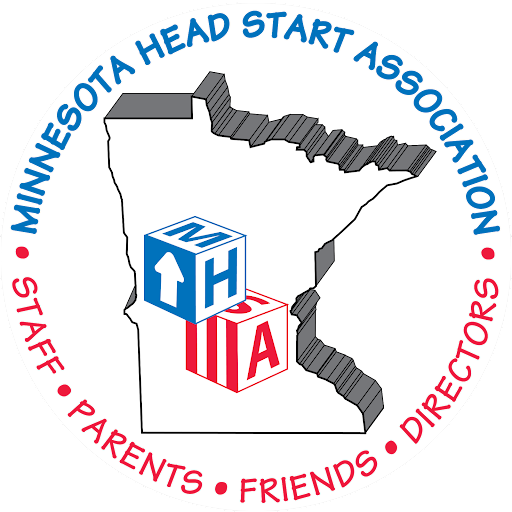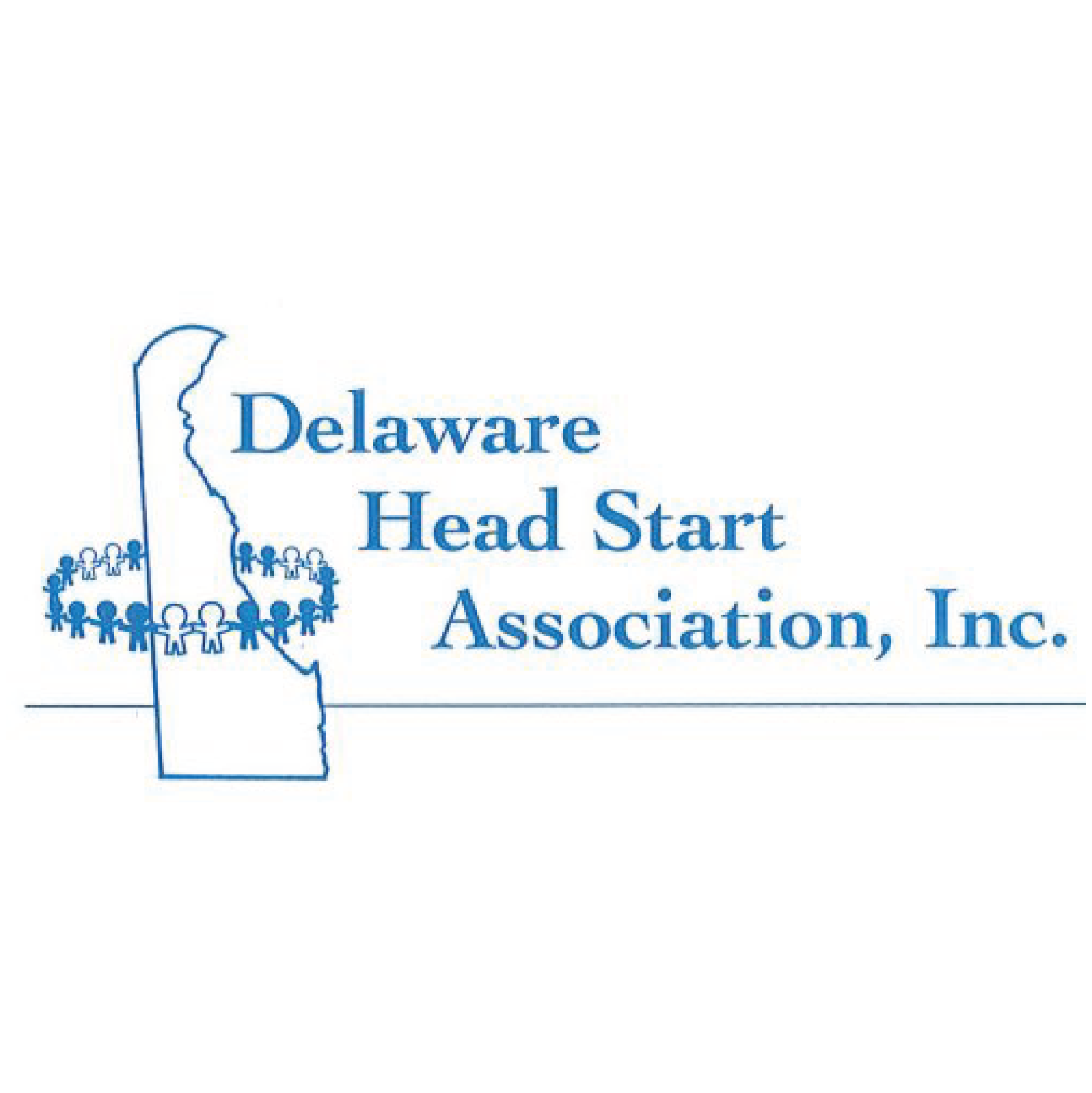Head Start State Infrastructure Supports Access, Quality, and Partnership
As a unique federal-to-local model, Head Start has developed a robust infrastructure of 119 state entities to support the 1,700 Head Start and Early Head Start grant recipients across the country.
State Head Start Associations
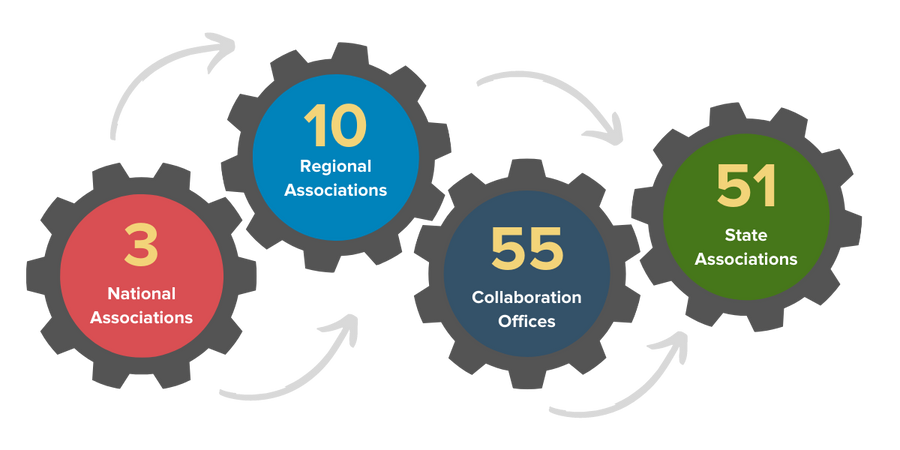
State Head Start Associations are nonprofit member organizations that represent programs within their state. They are most active in five areas:
There are 51 state associations, including D.C., 10 regional associations, three national associations, and 55 collaboration offices. Reflecting on their strengths: 97% indicated they have strong working relationships with key state agencies; 80% indicated they were active in child care debates; 67% indicated they were active in universal pre-K debates; and 68% led or participated in an annual advocacy day at their local statehouse.
Large, Medium, or Small—State Head Start Associations Make an Impact
Ohio Head Start Association
- 60 member organizations
- 8 conferences held with 2,053 registrants
- 163 peer group meetings facilitated
- Represented on 15 Ohio work groups, coalitions or other bodies
Minnesota Head Start Association
- 33 member organizations
- 68 peer group meetings facilitated
- 7 external trainings held with 500 registrants
- Represented on 19 Minnesota work groups, coalitions or other bodies
Delaware Head Start Association
- 13 member organizations
- 1 conference held with 250 registrants
- Actively worked to promote Head Start standards in state-sponsored pre-K
- Represented on 5 Delaware work groups, coalitions or other bodies
Regional Associations
Regional Head Start Associations align with the Office of Head Start’s 10 regional office governance and operational structure. They support training and technical assistance, exchange and collaboration across state boundaries, and engage a wide variety of public and private partnerships to support the mission of Head Start.
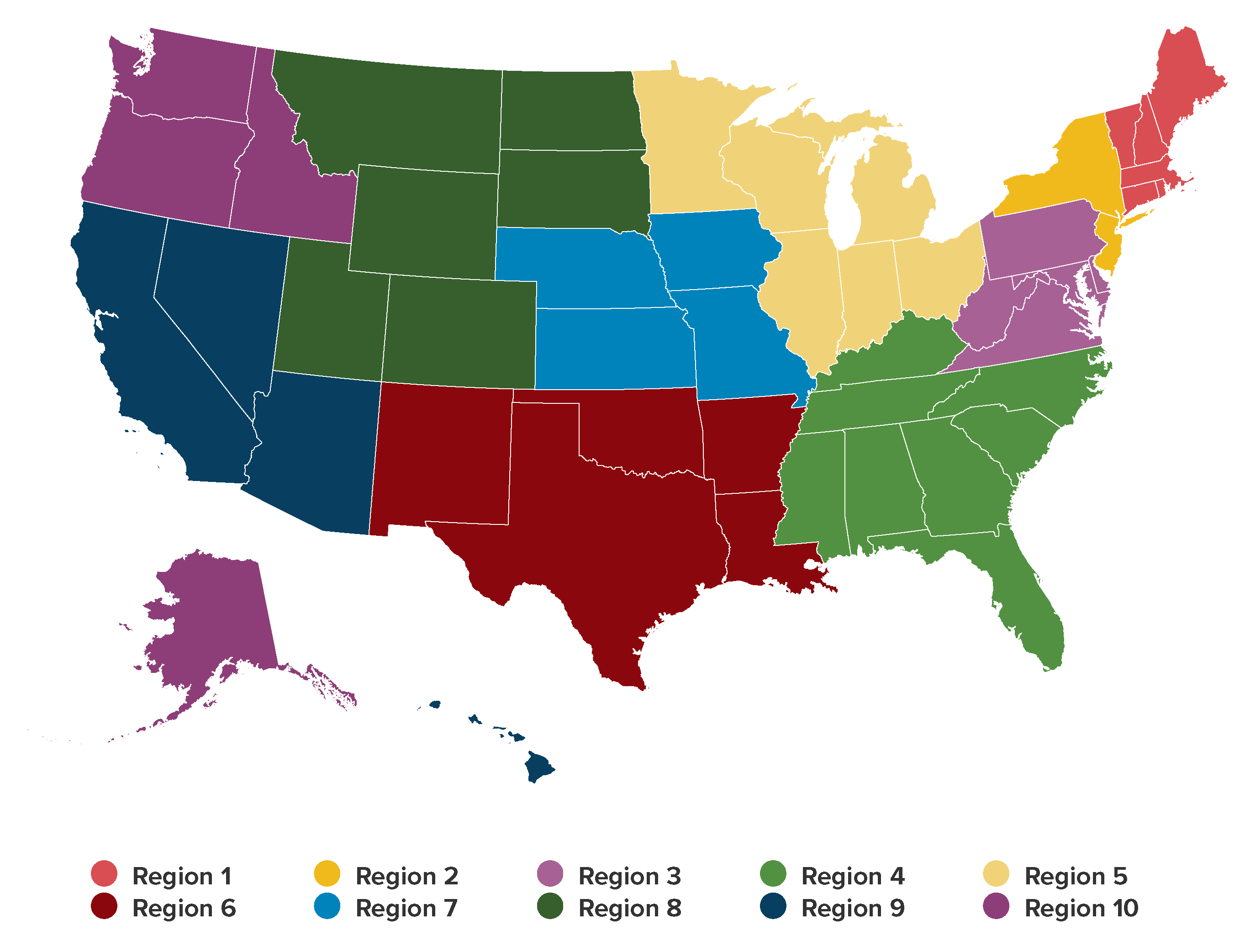
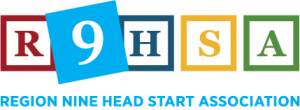
By The Numbers: Region 9 Head Start Assocation
- 153 Head Start and Early Head Start program members in Arizona, California, Hawaii, Nevada, and the Pacific region
- 15 unique trainings reaching 1,200 registrants, covering topics including leadership, site directors, coaching, governance and challenging behaviors
- 4 professional learning networks, focused on directors, facilities, human resources, and social media
- 3 conferences with 3,500 registrants, including First 1,000 Days! Early Head Start Conference, Family Engagement, and Early Childhood STEM Institute
National Associations
In addition to NHSA, two National Associations exist to support priority populations for Head Start services.
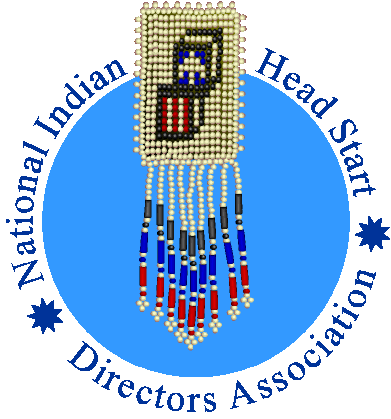 The National Indian Head Start Directors Association (NIHSDA) is the nation’s leading voice for American Indian Alaska Native (AIAN) Head Start and Early Head Start programs. NIHSDA serves approximately 20,000 children representing 216 federally recognized Indian tribes, Rancherias, and Alaska Native villages and it is the only national organization representing 154 AIAN Head Start and Early Head Start programs across 26 states exclusively. NIHSDA advocates for federal legislative and regulatory improvements to ensure early childhood development and education services are culturally appropriate and relevant. They also provide management and leadership training opportunities.
The National Indian Head Start Directors Association (NIHSDA) is the nation’s leading voice for American Indian Alaska Native (AIAN) Head Start and Early Head Start programs. NIHSDA serves approximately 20,000 children representing 216 federally recognized Indian tribes, Rancherias, and Alaska Native villages and it is the only national organization representing 154 AIAN Head Start and Early Head Start programs across 26 states exclusively. NIHSDA advocates for federal legislative and regulatory improvements to ensure early childhood development and education services are culturally appropriate and relevant. They also provide management and leadership training opportunities.
NIHSDA’s current issues and concerns include categorical eligibility for AIAN children served by Native Head Start programs, expanded workforce support, facility improvement, culturally appropriate evaluation tools, additional funding and AIAN-specific research.
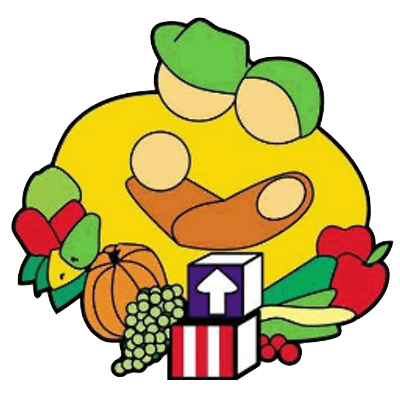 The National Migrant and Seasonal Head Start Association (NMSHSA) advocates for Migrant and Seasonal Head Start (MSHS) programs that serve over 30,000 children across 34 states. Over the course of the past year, NMSHSA has continued to carry out its mission of providing quality, comprehensive services to its MSHS families through meetings, focus groups, conferences, projects, programs, and more.
The National Migrant and Seasonal Head Start Association (NMSHSA) advocates for Migrant and Seasonal Head Start (MSHS) programs that serve over 30,000 children across 34 states. Over the course of the past year, NMSHSA has continued to carry out its mission of providing quality, comprehensive services to its MSHS families through meetings, focus groups, conferences, projects, programs, and more.
NMSHSA's current issues and concerns include COVID-19 vaccinations, expanded mental health support for the workforce, and new legislation like the Farm Workforce Modernization Act.
Sorry, we couldn't find any posts. Please try a different search.
Collaboration Offices
Head Start Collaboration Offices are chartered by the Head Start Act and primarily funded by the Office of Head Start. These director-led offices are designed to facilitate collaboration among Head Start agencies and entities that carry out activities designed to benefit low-income children from birth to school entry, and their families. In addition to collaboration offices in all 50 states, there are collaboration offices in D.C., Puerto Rico and for American Indian Alaska Native Head Start and Migrant and Seasonal Head Start.
| State Collaboration Offices sit in various state agencies. | |
|---|---|
| Department of Education | 43% |
| Department of Human or Social Services | 26% |
| Department of Early Learning | 11% |
| Workforce Department | 7% |
| Governor's Office | 4% |
| Combined Education and Human Services Department | 2% |
State Collaboration Offices are focused on five nation-wide priorities:
Top Collaboration Office Activities
Collaboration Offices Focus on Support for Vulnerable Children and Families
In the past year, Head Start Associations and Collaboration Offices noted the Head Start community in their state improved in the following ways to support advancement of mission:
Statewide Collaboration
“Head Start is more visible in the ECE system. Head Start data is more publicly available and is requested by partners more so than in the past. Head Start is also being referred to as more of a leader than in years past thanks to close partnership with our State Early Childhood Council and networks.”
Vermont Head Start State Collaboration Office
Communications with Local Grantees
“The Association continued monthly Director Network calls to provide a forum for support and collaboration. Regional Office, T/TA Staff, and the Kansas State Department of Education, Early Childhood Director, attended each call to provide their individual updates and listen to the questions and concerns of local programs. In addition to the monthly meetings, weekly memos were sent to the Directors to streamline communication and keep all Directors 'in the loop.'”
Peer Collaboration Opportunities
“We increased communication among directors during COVID, held a CLASS Summit with multiple partnerships with other state agencies serving over 250 people, and held a Ruby Payne Emotional Poverty training.”
Head Start-State Pre-K Collaboration
“Understanding the Prekindergarten/Head Start collaboration process. We did joint webinars with the NYS Education Office of Early Learning and this reached the districts and Head Start programs and made a dent in the challenges.”
New York State Head Start Collaboration Office
Advocacy
“We strategically organized and executed calls and written communications with the Office Of Head Start. Our dedicated mission was to address the critical needs of Head Start families during these ongoing hardships, to make OHS aware of the impact of masking/vaccination mandates on enrollment and retention, and finally of the staff shortages. We had new articulate voices and our membership raised meaningful examples to effect change.”


